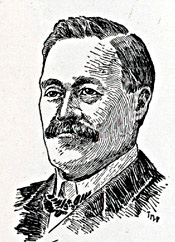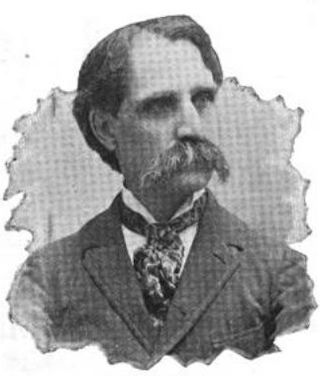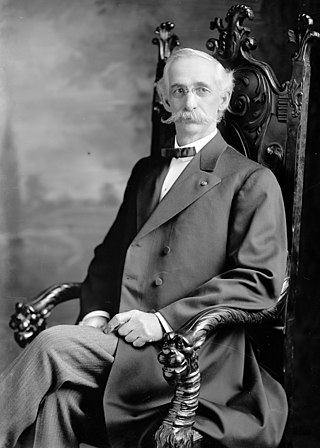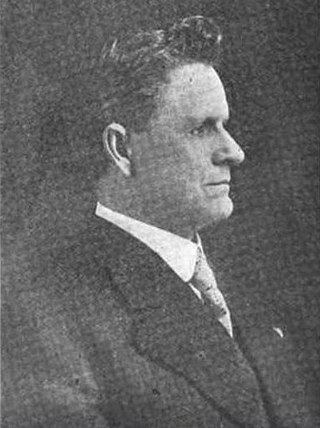This article has multiple issues. Please help improve it or discuss these issues on the talk page . (Learn how and when to remove these template messages)
|
William A. Reeder | |
|---|---|
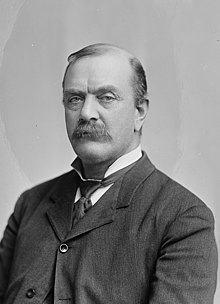 Reeder photographed by CM Bell studio | |
| Member of the U.S.HouseofRepresentatives from Kansas's 6th district | |
| In office March 4, 1899 –March 3, 1911 | |
| Children | Leland Parker Reeder |
| Occupation | |
William Augustus Reeder (August 28, 1849 – November 7, 1929) was a U.S. Representative from Kansas.
Born near Shippensburg, Pennsylvania, Reeder moved with his parents to Ipava, Illinois, in 1853, attended the public schools, and "at the age of 14, he began teaching in the public schools, a vocation he followed until 30 years of age". [1] Reeder moved to Beloit, Kansas, in 1871, and served as principal of the Beloit public schools from 1871-1879. Reeder then moved to Logan, Kansas, in 1880, and engaged in banking there. Reeder was interested in irrigation farming 1891-1901.[ citation needed ]
Reeder was elected as a Republican to the Fifty-sixth and to the five succeeding congresses (March 4, 1899 – March 3, 1911). [1] serving as chairman of the committee on mileage during the (Fifty-seventh, Fifty-eighth, and Fifty-ninth congresses), and on the committee on the irrigation of arid lands during Sixtieth and Sixty-first congresses. Reeder was an unsuccessful candidate for renomination in 1910.
Reeder moved to Los Angeles, California, in 1911 and to Beverly Hills, California, in 1913, where he engaged in banking and in the real estate business until 1926. He died in Beverly Hills, California, on November 7, 1929, and was interred in Hollywood Cemetery, Hollywood, California. [2]












